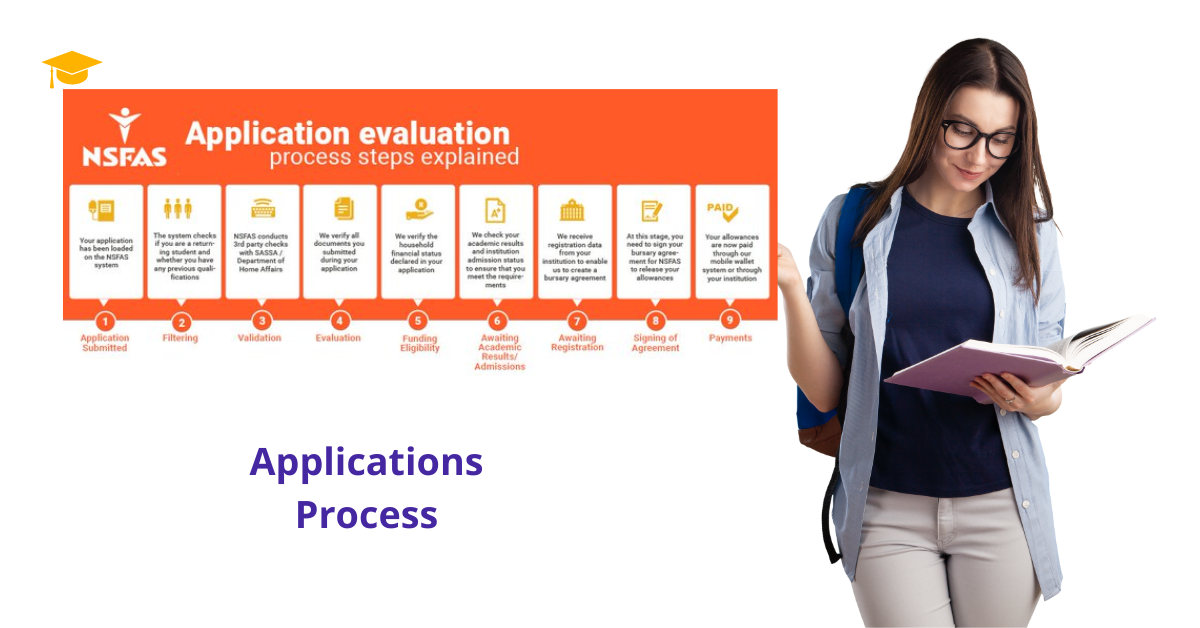The National Student Financial Aid Scheme (NSFAS) is a government-funded program that provides financial aid to students from low-income households in South Africa. The application process for NSFAS funding is typically open between August and October each year, but in some cases, students may apply for funding after the deadline has passed.
Step 1: Check Eligibility
Before applying for NSFAS funding, it is important to ensure that you meet the eligibility criteria. To be eligible for NSFAS funding, you must:
- Be a South African citizen
- Come from a household with a combined income of less than R350,000 per year
- Be accepted to study at a public university or TVET college in South Africa
Step 2: Gather Required Documents
To apply for NSFAS funding, you will need to provide several documents as proof of your eligibility. These documents include:
- A copy of your ID document
- A copy of your parent or guardian’s ID document
- Proof of income for your parent or guardian (such as a salary slip or pension statement)
- Proof of residence (such as a utility bill or rental agreement)
Step 3: Submit Late Application
If you missed the regular application deadline for NSFAS funding, you can still apply for funding by submitting a late application. To do this, you will need to:
- Visit the NSFAS website (nsfas.org.za) and select the “Apply” option
- Select the “Late Application” option
- Complete the online application form and submit it along with all required documents
Step 4: Wait for Feedback
Once you have submitted your late application for NSFAS funding, you will need to wait for feedback from NSFAS on the status of your application. This process can take several weeks, so it is important to be patient. You can check the status of your application by logging into your NSFAS account on the NSFAS website.
Step 5: Accept or Decline Funding Offer
If your late application for NSFAS funding is successful, you will receive a funding offer from NSFAS. It is important to read through the funding offer carefully and make sure that you understand the terms and conditions of the funding. If you accept the funding offer, you will need to sign and return the acceptance form to NSFAS. If you decline the funding offer, your application will be closed.
It is important to note that late application does not guarantee funding, and NSFAS may not have sufficient funds to support all late applicants. It is also important to apply as early as possible to increase the chances of being funded.
Conclusion
Applying for NSFAS funding after the regular application deadline has passed is , but it is still possible to receive funding through the late application process. The steps for the late application process include checking eligibility, gathering required documents, submitting the late application, waiting for feedback, and accepting or declining the funding offer. It is important to be aware that submitting a late application does not guarantee funding and to apply as early as possible to increase the chances of being funded.
It is important to note that the information provided in this article is based on the official guidelines and procedures for the NSFAS late application process as stated on the official NSFAS website (www.nsfas.org.za). It is always recommended to refer to the official website for the most up-to-date information and guidelines. Additionally, it is also recommended to reach out to the NSFAS call center or visit the nearest NSFAS office for further assistance and to have your queries clarified.






